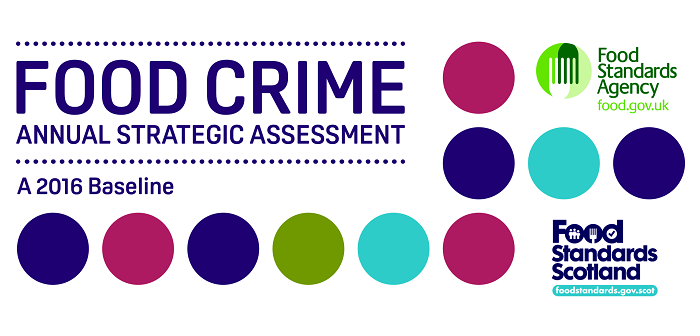Organised criminals have so far failed to make “substantial in-roads” into the UK’s food supply chains, according to the first assessment report published today by the country’s National Food Crime Unit (NFCU).
Set up in the wake of the “horsegate” scandal, NFCU’s first year of work has shown the UK as having some of the safest and most authentic food in the world. At the same time, however, the unit’s head, Andy Morling, has highlighted the importance of remaining “vigilant” to ensure that food crime continues to be kept away from the UK.
The assessment report identifies a wide range of vulnerabilities and risks across the food industry but found little to suggest that organised crime groups have so far made substantial in-roads into UK food supply chains. However, with the UK food and drink sector representing 11% of the UK economy, it is also stated that chances of detection are relatively low. As such, the report suggests there remains a significant risk to consumers and legitimate businesses from serious fraud.
Pointing out that horsegate came at a huge cost to the UK food industry, both financially and in terms of reputation, Mr Morling emphasised the need for the food industry, law enforcement agencies and regulators to work together to combat the threat of food crime.
“This is the first time we have had a law enforcement capability focused exclusively on food related crime and we have already come a long way,” he said. “This assessment, however, makes it clear that there is much more to be done.
“For many reasons, unique to this form of crime, intelligence about food criminals is in short supply. Whilst we are working hard to gather information, therefore, we are calling on those working in the food industry to report suspicions to the NFCU to help fill these gaps. I’m confident that they have a wealth of knowledge and information which will help the unit ensure that UK food supply remains protected.”
The assessment report, which runs to 60 pages, includes a detailed section on food crime risks in relation to the red meat supply chain, concluding that the “misdescription and diversion” of red meat continues to be of “considerable concern”.
The report also highlights problems relating to meat species substitution in catering outlets, stating that this issue predominantly concerns the replacement of lamb with beef, turkey or pork.
Later in the same report section, the point is made that seasonal fluctuations in supply and demand may make species substitution more financially rewarding, giving the example of one local sampling exercise in which only six out of 14 product samples actually contained the correct raw meat ingredient.




